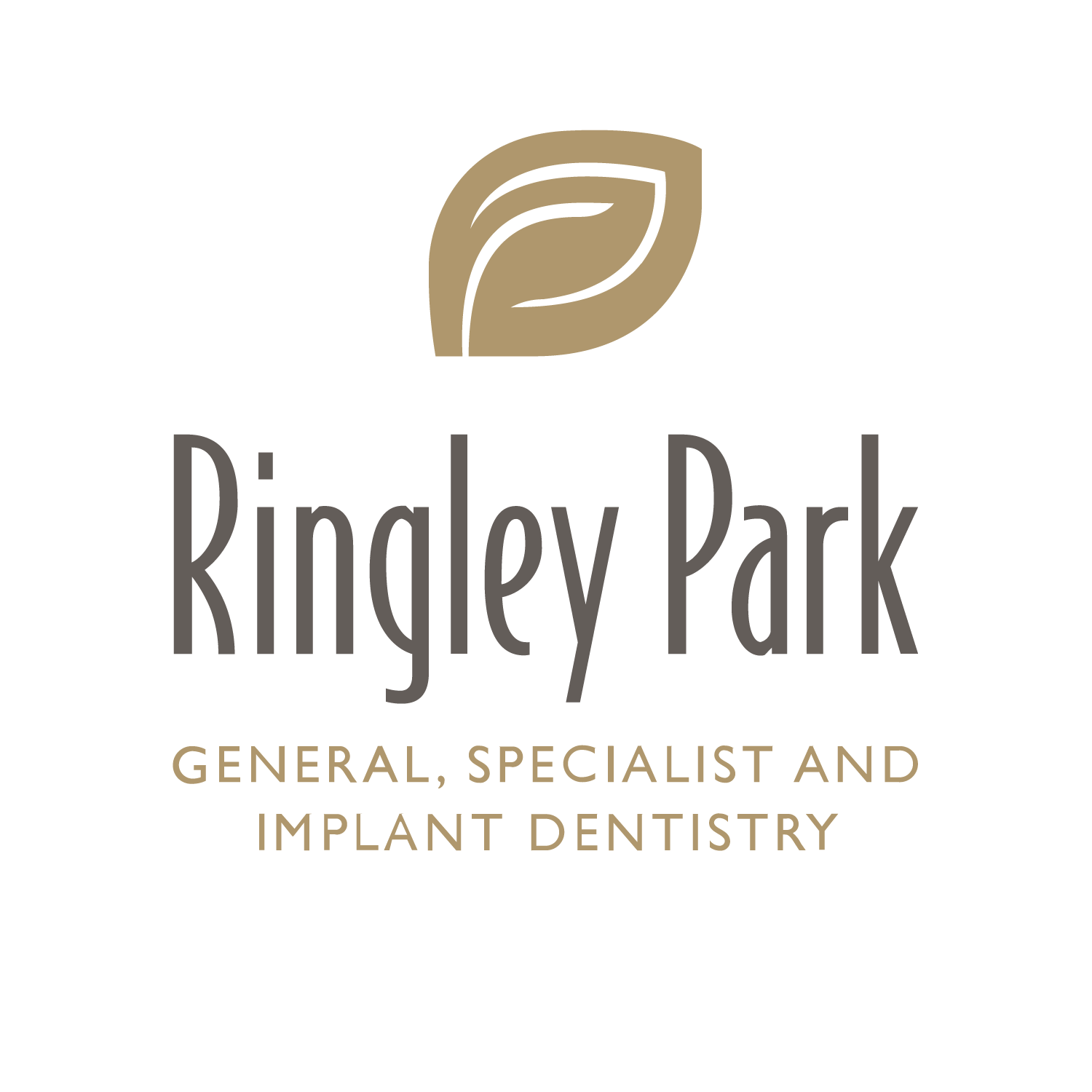If you have ever seen an advert on TV for a dental product, you will probably have noticed that one particular condition frequently gets a mention – gum disease.
You might have also heard about gingivitis, or that blood after brushing is a cause for concern. One particularly shocking advert for mouthwash in 2016 featured a woman having a nightmare about losing all of her teeth, only to wake up and notice blood in the sink after brushing. The tagline was “because losing a tooth in real life is worse than a bad dream”.
While we can’t trust everything we see on TV, there is a reason why so much attention is given to gum disease and gingivitis – it can have a significant impact on your health and seeking early treatment is essential.
In this article we’ll be answering the question: what actually is gum disease? We’ll also be explaining the symptoms, long-term risks and how it can be avoided.
What is gum disease?
Gum disease in an infection of the soft tissues around the teeth, typically characterised by red, sore, swollen and bleeding gums.
The two main forms of gum disease are gingivitis and periodontitis:
Gingivitis is the earliest form of gum disease and symptoms include red and swollen gums that bleed during toothbrushing.
Periodontitis refers to a later, more severe stage of gum disease that is characterised by receding gums and the development of deep pockets between the teeth. While gingivitis is reversible, periodontitis is not and can cause tooth loss if not controlled.
Gum disease is incredibly common. In fact, most people suffer from some form of it. 52.9% of the UK population has gingivitis, and in 2017 it was reported that the UK prevalence of chronic periodontitis was 45%.
What are the signs and symptoms of gum disease?
Signs of gum disease include red, sore, swollen and bleeding gums. One of the most common first symptoms of gum disease is noticing blood on your toothbrush, or blood when you spit after brushing or flossing your teeth. You may also notice bleeding while eating hard foods like apples. Other symptoms include bad breath, a bad taste in your mouth, shrinking gums, loose teeth and tooth loss.
What is the long-term impact of gum disease?
If gingivitis is left untreated it can turn into periodontal disease. This then impacts the tissues and bone that support the teeth, leading to loose teeth and tooth loss. Periodontal treatment doesn’t just solve the problems associated with sore gums and loose teeth, it also allows you to benefit from further cosmetic dental treatments that would otherwise be impossible.
In our recent blog post, Does a healthy smile mean a healthy body?, we shone a light on the emerging evidence that gum disease has a direct connection to a number of systemic diseases. Gum disease has been found to increase your risk of having a heart attack or cardiovascular event, strokes, and developing respiratory conditions like pneumonia and emphysema. The bacteria that cause gum disease have also been linked with the development of Alzheimers.
What causes gum disease and how can it be prevented?
Gum disease is caused by plaque – the sticky, bacteria-laden film that develops on the surfaces of teeth. If we don’t brush and floss our teeth properly, this film is allowed to build up and harden. Some of the bacteria present in plaque have been found to be the main cause of gum disease.
Smoking causes people to have more dental plaque, and therefore makes them more likely to develop gum disease. Smoking also causes a lack of oxygen in the bloodstream, making it harder for infected gums to heal. Patients with type 2 diabetes are also 86% more likely to develop gum disease and require tailored oral care advice from their dentist.
You can prevent gum disease by removing plaque from teeth everyday by brushing thoroughly and cleaning between the teeth with floss or interdental brushes.
What to do if you think you have it
The longer that gum disease is left untreated, the harder it becomes to treat. If gum disease is treated properly at the dentist and at home, it can be slowed down and you should be able to maintain most of your teeth for life.
If you are experiencing any of the symptoms mentioned in this article and think you might have gum disease, it’s important to book an appointment with us as soon as possible. A thorough check-up of your teeth and gums will allow us to see if you have gum disease and prescribe the right treatment. We will also remove plaque and tartar and teach you how best to remove plaque yourself at home.
Schedule your next check-up or hygiene appointment at Ringley Park Dental Practice today by booking online or speaking to a member of our team on 01737 240123. If you have noticed any of the symptoms mentioned in this article and are worried about gum disease, you can also make an appointment to see one of our Specialist Periodontists.

